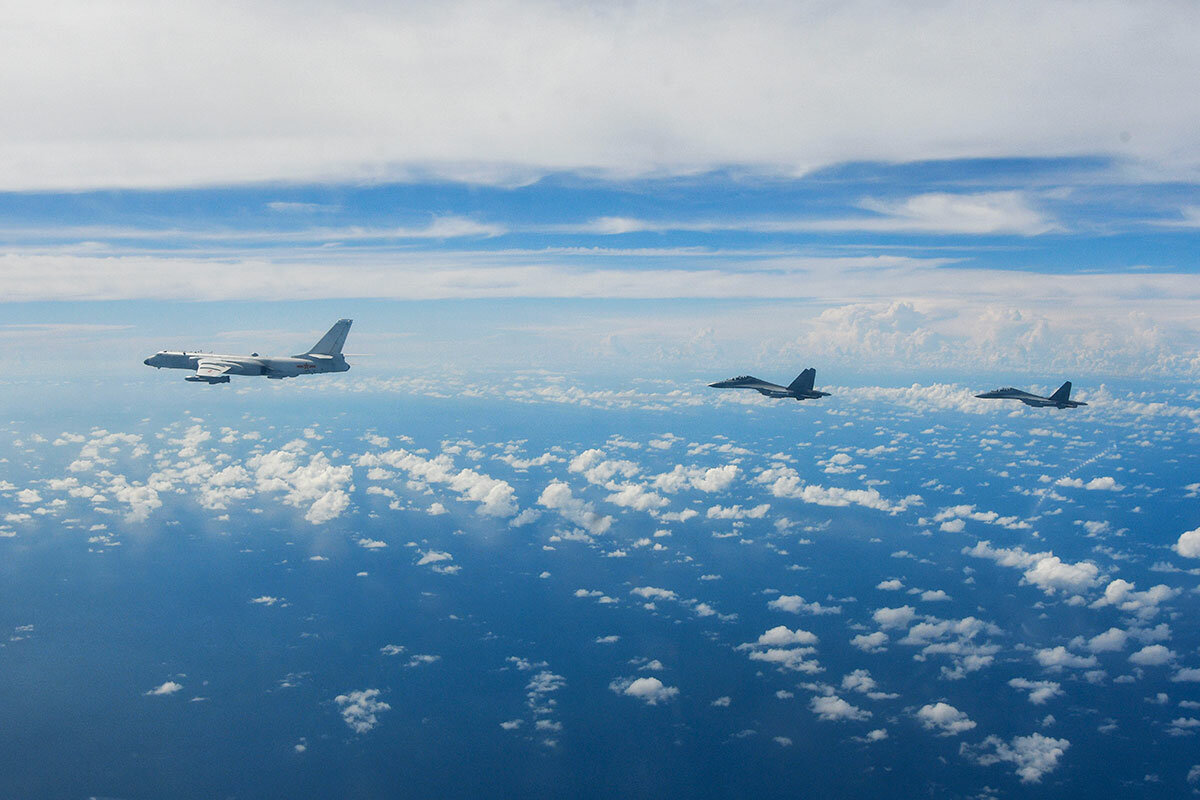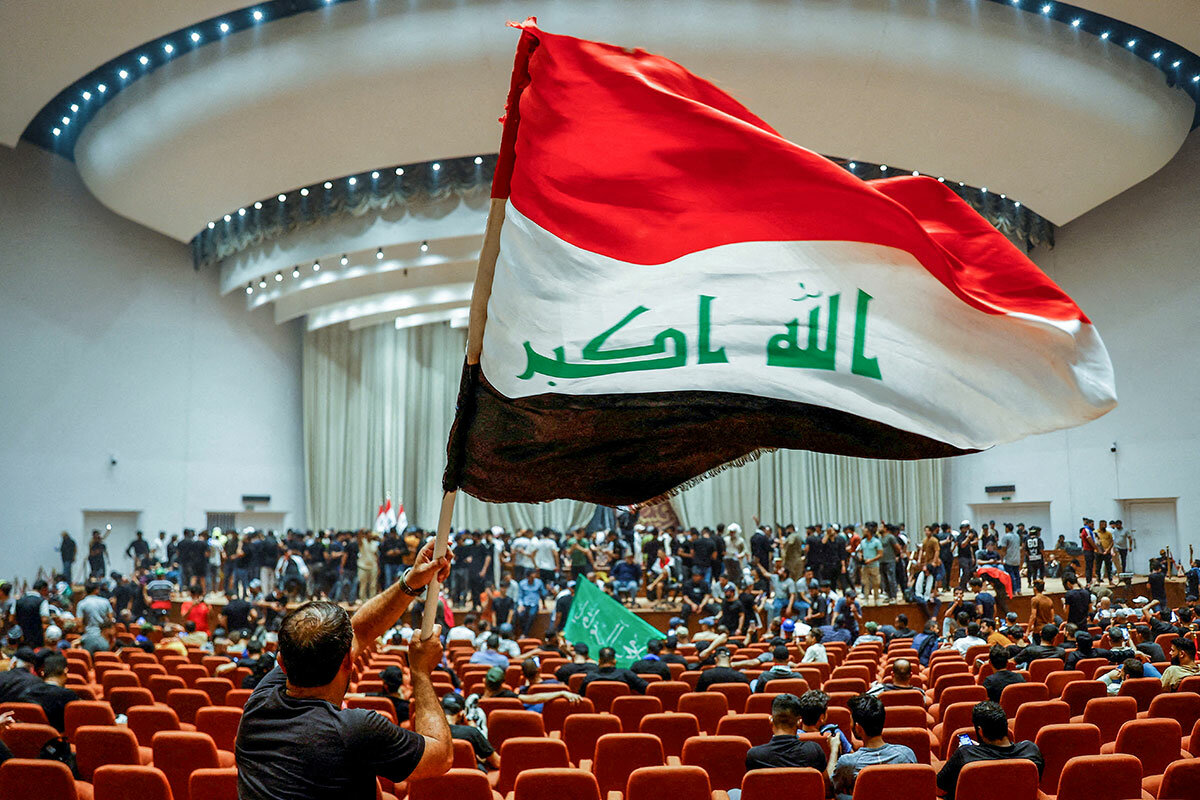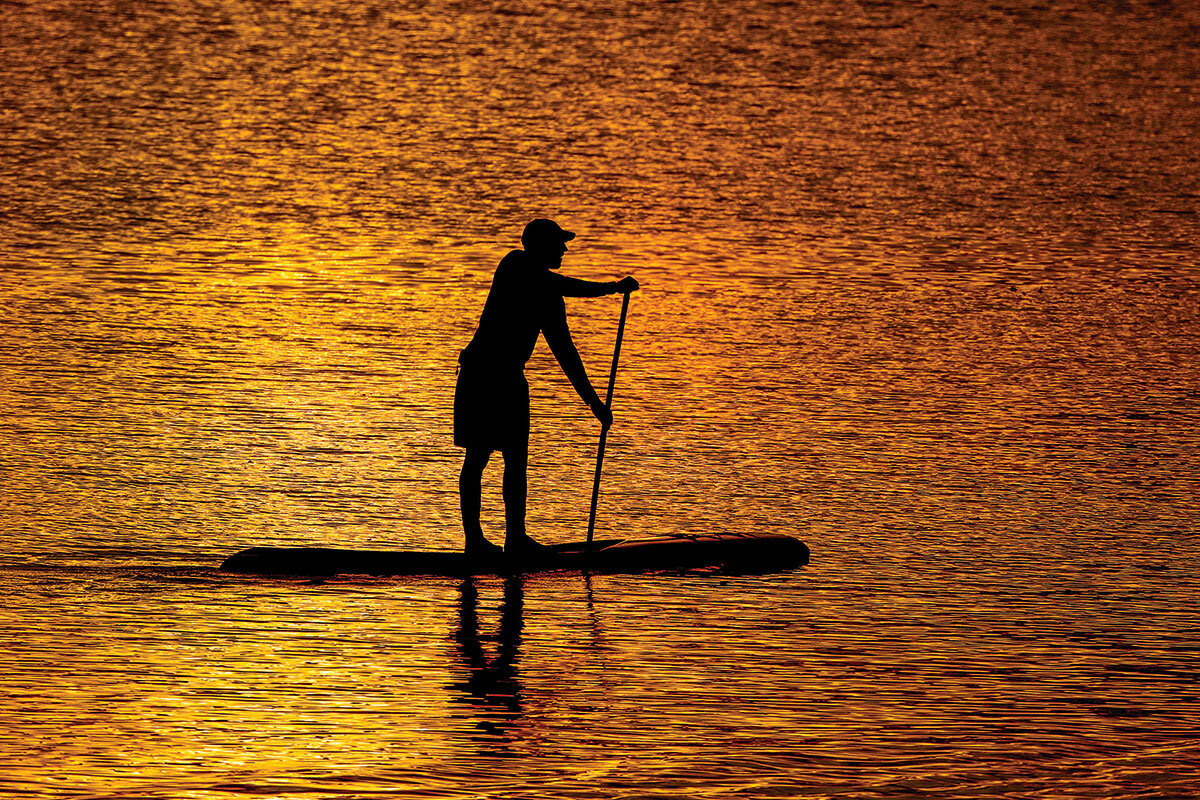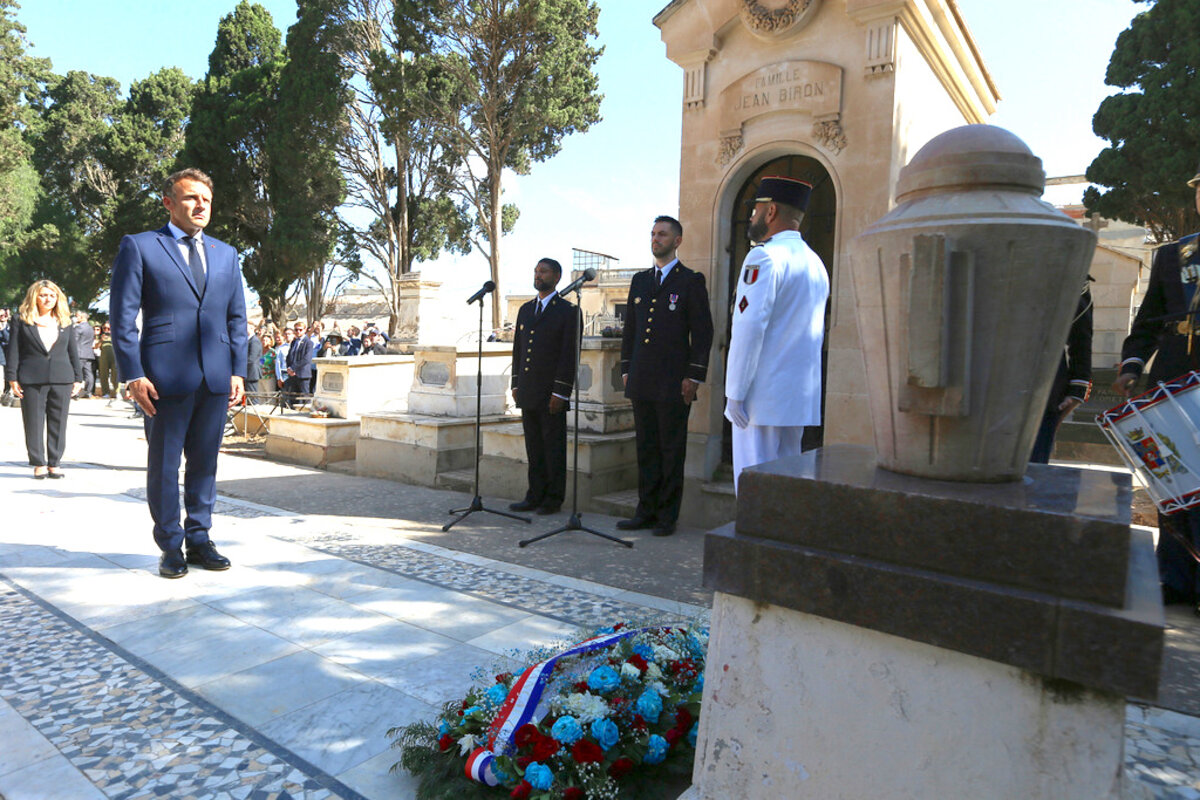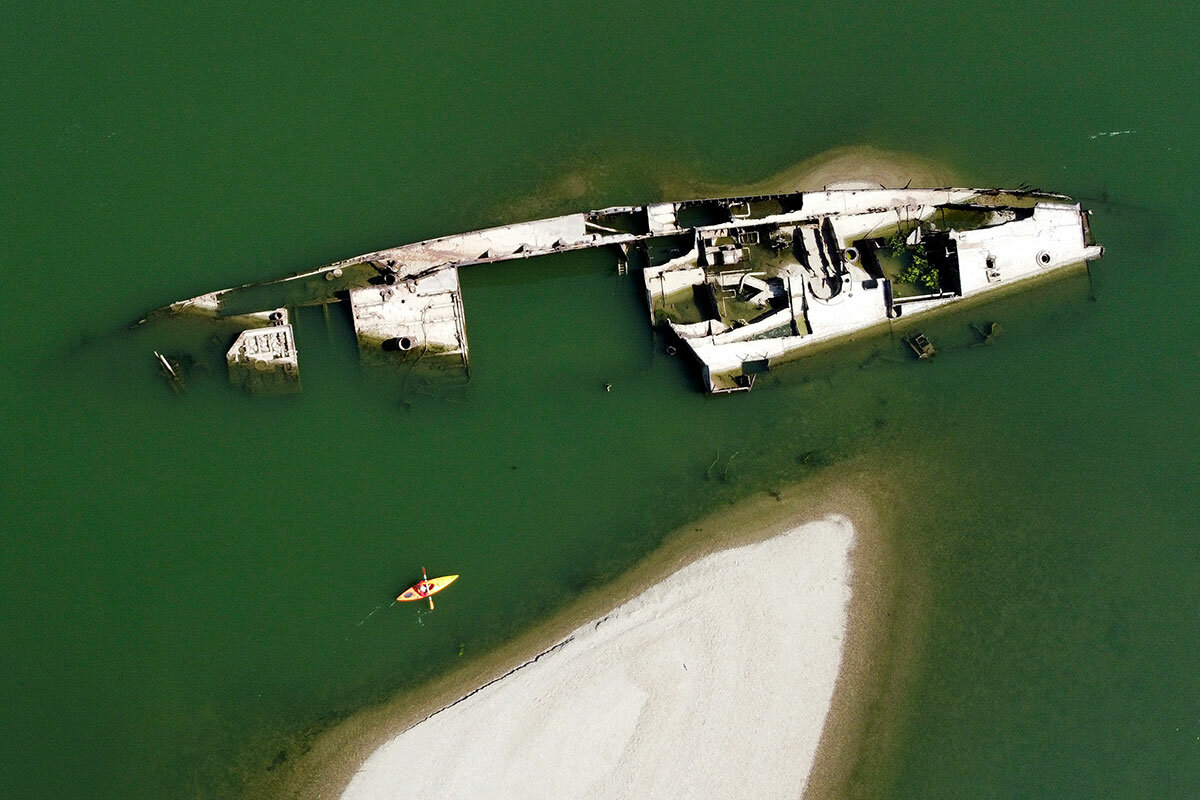Preserving peace sometimes means having cleareyed assessments of the potential for war. An uptick in Chinese military exercises in the Taiwan Strait has some reexamining the island’s defenses.
Monitor Daily Podcast
- Follow us:
 Linda Feldmann
Linda Feldmann
When a video leaked last week of Finnish Prime Minister Sanna Marin dancing boisterously at a private party, sparking fierce criticism, women around the world rushed to her defense – by dancing.
They posted on social media with the hashtag #SolidarityWithSanna, scoring hundreds of thousands of views. And they pushed back hard against accusations that the 30-something leader was behaving unprofessionally. Prime Minister Marin also faced suggestions of drug use and submitted to a test, which came back negative.
Consider, by contrast, the reaction to Australian Prime Minister Anthony Albanese’s recent outing at a rock concert. He was as he chugged a beer.
For Ms. Marin, the matter deepened this week with the leak of what she herself called an “inappropriate” photo of two partially topless women at a party at her residence last month. On Wednesday, she offered a tearful defense of her record.
“I am human,” . “During these dark times, I too need some joy, light, and fun.”
It’s hard not to see some sexism at play. Of course, male leaders have also faced pushback for private conduct. In 2020, British Prime Minister Boris Johnson and California Gov. Gavin Newsom were both slammed for controversial private gatherings. But in those cases, they had flouted their own governments’ COVID-19 rules. Now Prime Minister Johnson is about to leave office, after one too many raucous parties and other controversies.
The ubiquity of recording devices inevitably makes some private moments public. But just as relevant is the trend toward more diversity in world leadership, which brings a diversity in styles. In Europe alone, women lead in Finland, Denmark, Sweden, Estonia, Lithuania, Moldova, Slovakia, Kosovo, and the European Union itself. Britain and Italy may soon follow.
But, observers note, regardless of who’s in charge, leaders can show their people that it’s OK to have fun during stressful times.
“Whether they’re dancing themselves silly with friends or going to concerts,” in The Washington Post, “world leaders are signaling to their most anxious constituents that the world is out there and it’s worth enjoying.”




